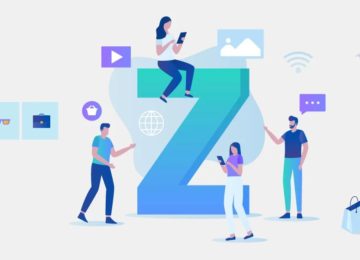Recognition of Prior Learning (RPL) is a framework that allows informal learning or learning via employment to be recognized in the same way that formal degrees of education are. It seeks to value earlier learning regardless of how it was obtained. In a nutshell, RPL is a method of assessing an individual’s prior learning to prioritize learning as an outcome above learning as a process. rpl certification is an effective method of formally validating prior learning and allowing workers to move into a formal system.
Who can go for RPL?
- age range: 18-45 years
- Has prior experience in the work function for which they wish to obtain RPL certification, as stipulated by the SSCs for specific job roles
- Has an Aadhaar card and an Aadhaar-linked bank account
- Other criteria linked to work experience, as established by the SSCs for the relevant employment roles, are fulfilled.
What RPL certification entails
- Sensitization and onboarding of eligible employers
- Identification of employer assessor and employees
- Project submission and approval
- Orientation of the employer assessor
- Internal Assessment
- Co-branded certification
- An experienced Skills Certified person will conduct a free, no-obligation RPL skills check.
- Compiling and submitting your ‘Experience Portfolio’ to give relevant documents such as images and videos of you on the job, references, previous qualifications, current resume, and so on.
- Through an RPL assessment, a skilled assessor from one of our cooperating RTOs will analyze the evidence and determine if you are competent in the units for that certification.
- If the RTO determines that you are competent in all required units of competency, the registered training organization will give you a qualification.
What benefits does an RPL certificate provide?
- To increase the acceptability of RPL certification in the industry and to broaden the scheme’s reach directly to reputable employers/industries.
- Collaboration with top businesses will help to increase the legitimacy of certification and boost labor mobility within the media sector.
- The National Skill Qualification Framework will aid the industry by certifying their employees (NSQF)
- Achieve economy and scalability by simplifying the assessment technique used by the manager/supervisor/departmental head for the other employees in his/her department.
- Certification that is co-branded to incentivize and recognize the industry
The advantage for the Employer
- Recognizing the need for skilled labor
- MESC’s connected network of training institutes provides access to trained resources.
- Maintaining a healthy and competitive atmosphere within your own organization by tying certificates to incoming assessment
- Department heads, supervisors, and workshop managers will be designated as “Employer Assessors.”
- Co-Branding on the Certification with the MESC-NSDC-MSDE-Employer logo)
Benefit for an Employee
- A government-recognized credential relating to your stated employment roles
National Occupational Standards and Qualification Packs
A Qualification Pack certifies a person for a certain employment role. Each Qualification Pack also includes an NVEQF Level, which potentially allows for competency-based training for any Entry Level employment role in the Media & Entertainment business. These packs are labeled with an NVEQF level, such as 1 to 10. The Qualification Packs aid in the development of curricula and assessments.











